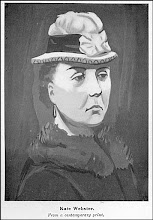Published in The New York Times: August 26, 2009
--Dominick Dunne, who gave up producing movies in midlife and reinvented himself as a best-selling author, magazine writer, television personality and reporter whose celebrity often outshone that of his subjects, died Wednesday at his home in Manhattan. He was 83.
The cause was bladder cancer, a family spokesman said. The spokesman had initially declined to confirm the death, saying the family had hoped to wait a day before making an announcement so that Mr. Dunne’s obituary would not be obscured by the coverage of Senator Edward M. Kennedy’s death.
In the past year Mr. Dunne traveled to the Dominican Republic and Germany for experimental stem-cell treatments to fight his cancer, at one point writing that he and the actress Farrah Fawcett, who died in June, were in the same Bavarian clinic.
He sprang to national prominence with his best-selling novels “The Two Mrs. Grenvilles” in 1985 and “An Inconvenient Woman” in 1990, both focused on murders in the upper realms of society. He later chronicled high-profile criminal trials and high society as a correspondent and columnist for Vanity Fair magazine.
He achieved perhaps his widest fame from his reporting of the O. J. Simpson murder trial in 1994 and 1995 and later as the host of the program “Dominick Dunne’s Power, Privilege and Justice,” on what was then Court TV (now TruTV).
Last year, as a postscript to his Simpson coverage, Mr. Dunne defied his doctor’s orders and flew to Las Vegas to attend Mr. Simpson’s kidnapping and robbery trial.
Mr. Dunne’s magazine career was weighted toward the coverage of sensational murder trials. He made no secret of the fact that his sympathy generally lay with the victim, and he was vocal about what he considered the misapplication of justice.

Sympathetic Stance
He never hesitated to admit that his sympathetic stance stemmed from the murder of his daughter, Dominique, by John Sweeney, her ex-boyfriend, in 1982. Ms. Dunne, a 22-year-old actress, was found strangled, and Mr. Sweeney, who was found guilty only of voluntary manslaughter and a misdemeanor for an earlier assault, served less than three years.
“I’m sick of being asked to weep for killers,” Mr. Dunne often said. “We’ve lost our sense of outrage.”
During the trial, Tina Brown, who was the editor of Vanity Fair at the time, suggested he keep a journal. The account, “Justice: A Father’s Account of the Trial of His Daughter’s Killer,” was published in Vanity Fair in 1984.
“He never pretended to be objective in covering trials,” Graydon Carter, the current editor of Vanity Fair, said Wednesday. “He was always writing from the point of view of the victim because of what happened to his daughter, and he had a riveting way of knowing, almost like Balzac, what to tell the reader when.”
Mr. Dunne went on to cover the trials of Claus von Bulow, Michael C. Skakel, William Kennedy Smith, Erik and Lyle Menendez, and Phil Spector, as well as the impeachment of President Bill Clinton.
“I realized the power writing has, and it has also helped me deal with my rage,” he said in an interview with The New York Times for this obituary in 2000. “It gave me a lifelong commitment not to be afraid to speak out about injustice.”
Mr. Dunne’s brother was the writer John Gregory Dunne, the husband of the writer Joan Didion. He died in 2003.
High-Profile Clashes
Mr. Dunne’s speaking out led to a lawsuit for slander filed by Gary Condit, a Democratic congressman from California, over remarks Mr. Dunne had made on national radio and television in 2001. Mr. Condit had been scheduled to testify in a deposition about his relationship with Chandra Levy, a federal government intern who disappeared in May 2001 and whose body was found in a Washington park in 2002.
Mr. Dunne quoted a man who asserted that he had heard that Mr. Condit had talked about his relationship with a woman whom he had described as a clinger. Mr. Dunne said this had created an environment that led to Ms. Levy’s disappearance. Mr. Condit’s suit, originally seeking $11 million in damages, was settled for an undisclosed sum and an apology. A later suit by Mr. Condit was dismissed.
Mr. Dunne also clashed with the Kennedy family about his involvement in the 2002 trial of Mr. Skakel, a first cousin of Robert F. Kennedy Jr. Mr. Skakel was sentenced to 20 years to life in the murder of Martha Moxley in 1975. Her body was found beneath a tree on her parents’ property in Greenwich, Conn.
In 2003, in a 14,000-word article in The Atlantic Monthly arguing that the case against his cousin was flawed and had left reasonable doubt, Mr. Kennedy accused Mr. Dunne of intimidating prosecutors and helping to drive the news media into “a frenzy to lynch the fat kid.”
Mr. Dunne said in The Times interview that he had also been a source of information for a book that Mark Fuhrman was writing about the Skakel trial. He had met him when Mr. Fuhrman testified during the O. J. Simpson murder trial. “I had some hot information about Skakel,” Mr. Dunne said, “and I knew Fuhrman would bring it to attention.”
Mr. Dunne, known as Nick to his friends, was a ubiquitous figure in both American and European society. He attributed his success to his being a good listener. “Listening is an underrated skill,” he said in discussing his interviews with political figures and celebrities like Imelda Marcos, Elizabeth Taylor, Diane Keaton and Mr. von Bulow.

At Michael’s restaurant in Manhattan, a favorite gathering spot of the news media elite, Mr. Dunne could often be found at his regular corner table receiving admirers. Even as his health declined, he would show up in his trademark round glasses and a Turnbull & Asser shirt, with the proper white collar and large blue stripes.
With his appetite for gossip, a short stop at his table would usually yield some nugget. And the story would almost always start with, “Do you know what I heard?” and end with “Can you believe that!”
‘A Rotten Athlete’
Born in Hartford, Dominick John Dunne was one of six children of a fourth-generation Irish-Catholic family. His father, Richard, was a heart surgeon, and although the family was well-off, his childhood was not happy.
“I was a rotten athlete, I liked puppet shows and I was kind of a sissy,” he recalled in The Times interview. “Something about me drove my father crazy. He mocked me and often beat me with a wooden coat hanger, and although we belonged to WASP clubs, we were never a part of things. We were like minor-league Kennedys.”
Drafted into the Army during his senior year in high school, Mr. Dunne fought in the Battle of the Bulge and won both his father’s admiration and a Bronze Star for crawling past Nazi sentries and carrying back a wounded soldier. After his Army service, he attended Williams College, where he and a group that included Stephen Sondheim started a theater.
After graduating in 1949, he moved to New York, where he became stage manager for television shows and later an assistant to the producer of “Playhouse 90.” In 1954 he married Ellen Griffin, who was known as Lenny and with whom he had two sons, Griffin and Alexander, in addition to Dominique.
By 1957 he was in Santa Monica, Calif.; a year later he was producing at 20th Century Fox and living in Beverly Hills. By the 1970s he was a vice president of Four Star Television and produced “The Boys in the Band,” “Panic in Needle Park” and other films.
Dominick and Lenny Dunne became famous in the industry for their parties, the most memorable of which was a black and white ball, held in 1964 to celebrate their 10th anniversary. The guests included Nancy and Ronald Reagan and Truman Capote, who two years later used the idea for his own ball of the same name, at the Plaza Hotel in New York, a renowned event to which the Dunnes were not invited.
“My jobs never qualified me for the strata of Hollywood we moved in,” he recalled. “I always kept scrap books and saved everything. On some level, I knew it was not going to last.”
It didn’t. Devastated when his wife asked for a divorce — “She was the real thing, and I became a fake,” he said — he declined into “a hopeless alcoholic,” he admitted, and started to use cocaine. Returning from Mexico, he was arrested for drug possession at the airport in Los Angeles.
But his drinking continued, and though none of his films were box-office smashes, the denouement came in 1973 with the widely panned “Ash Wednesday,” a picture he produced starring Ms. Taylor. Compounding that failure was the publication in a trade newspaper of a joke he told, while he was drinking, about a Hollywood power broker.
“I kind of knew it was going to be my swan song,” he said of the remark. He became a nonperson in the industry.
At one point he sold all his possessions including, for $300, his dog, a West Highland terrier. He went on unemployment, all the while terrified that his friends would see him in the line.
In 1979, approaching his mid 50s, he left Los Angeles. “I got into the car and didn’t know where I was headed,” he said in an interview. “I drove north, stopped for a flat tire in Oregon and stayed there in a one-room cabin for six months.” There he started to write for the first time. The book was a novel of Hollywood, “The Winners.”
A New Chapter
He moved to New York in 1981. Reviews of “The Winners” were scathing, but his editor, Michael Korda, advised him to go in another direction.
“He told me there was nothing people liked more than reading about the rich and powerful in criminal situations,” Mr. Dunne said. “It was, like, ‘Boing’ in my head, and I made a genre out of the thing. I wrote ‘The Two Mrs. Grenvilles,’ about a social family whose son married a showgirl who was then accused of murdering him. Two million copies were sold and that book utterly changed my life.”
Other books followed, among them “People Like Us”; “A Season in Purgatory,” based on a rich Catholic family and murder; and “An Inconvenient Woman,” about a social couple and the murder of the husband’s mistress.
 In 1999 he published a memoir, “The Way We Lived Then, Recollections of a Well-Known Name Dropper,” studded with photographs of the famous.
In 1999 he published a memoir, “The Way We Lived Then, Recollections of a Well-Known Name Dropper,” studded with photographs of the famous.
His increasing prominence as a reporter, writer, author and television personality made him a staple at fashionable dinner parties and social events.
“All the people who dumped me years before were now giving dinner parties for me,” he said during Mr. Simpson’s trial. “And I went.”
Although he had been divorced for two decades, he remained devoted to his ex-wife, who learned she had multiple sclerosis in 1972, until her death in 1997. He is survived by his sons Griffin, an actor and director of New York, and Alexander of Portland, Ore.; and a granddaughter, Hannah Dunne.
In 2000, Mr. Dunne was found to have prostate cancer. Six years later he was being treated in a hospital when, he said, he decided to leave. Disconnecting himself from the medical instruments attached to him, he walked out and took a taxi home.
“It caused a lot of commotion at the hospital,” he said. “But I was convinced I was going to die, and the room was not the right setting for my death scene.
“I stayed home for five days and did everything the doctor told me to do,” he added, “and a week later I flew to Europe.”
---
|



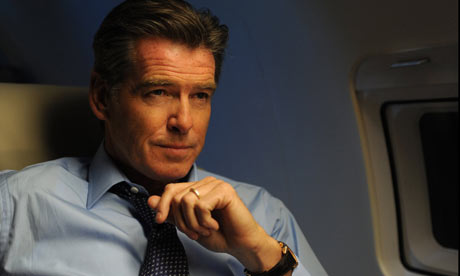


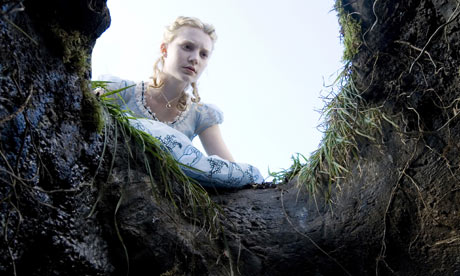




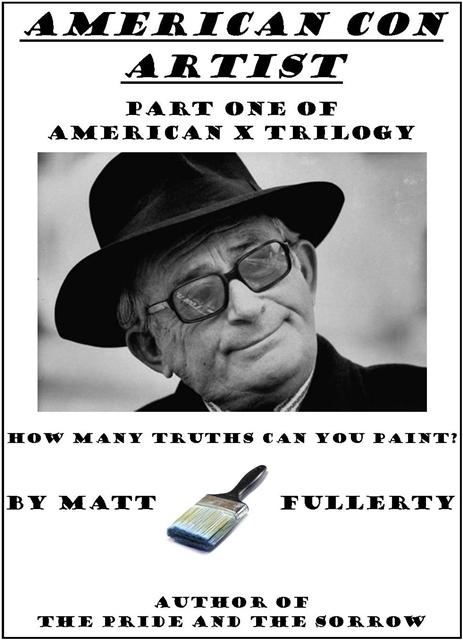cropped.jpg)
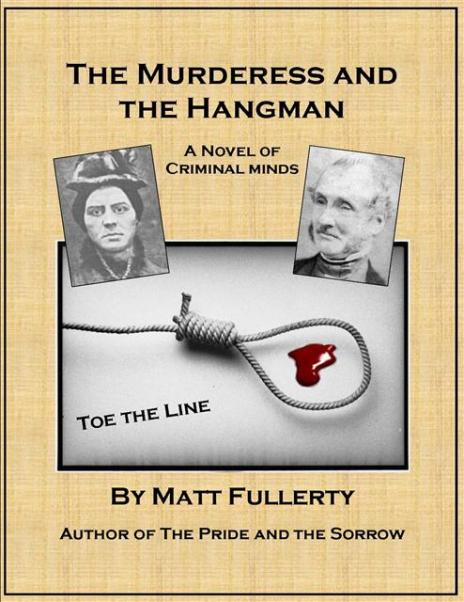.jpg)
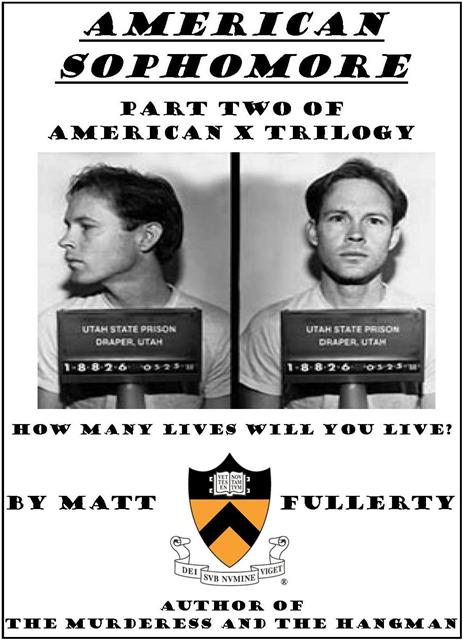cropped.jpg)
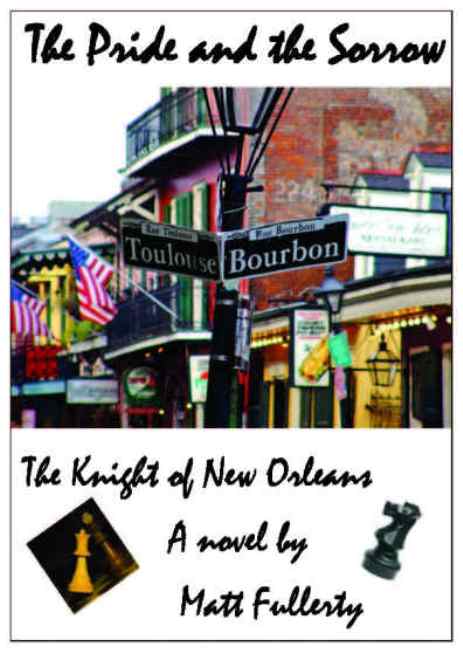2.jpg)
Cropped.jpg)
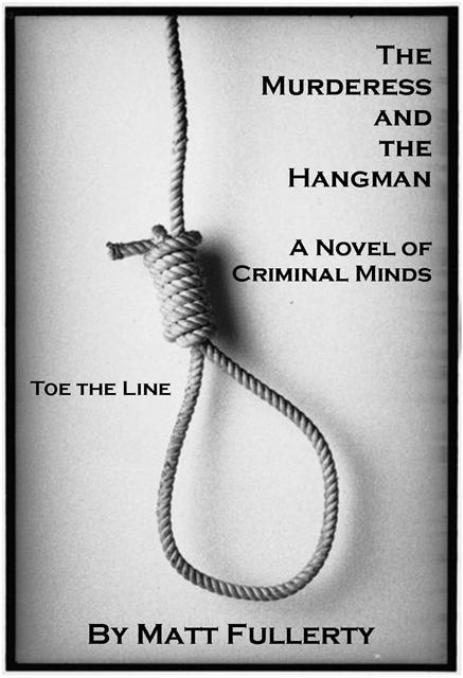cropped.jpg)
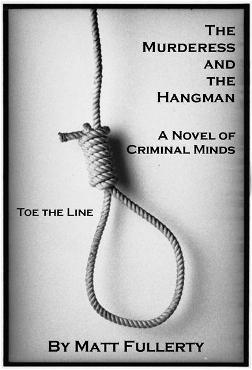4.jpg)






